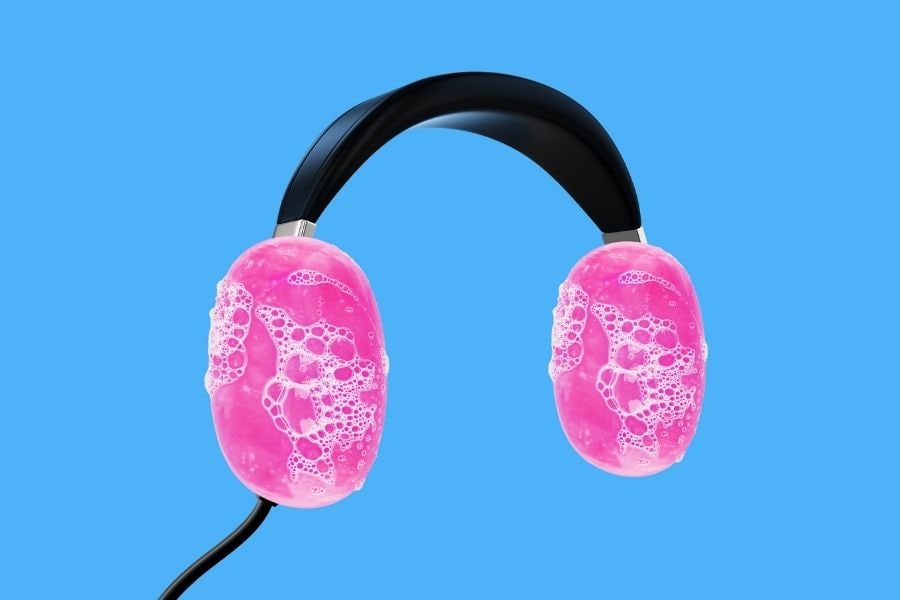
Cardi B's 'WAP' proves music's dirty secret: Censorship is good business
Scandalised parents and politicians ushered in warning labels in the 1980s. Now making clean versions of explicit songs means taking advantage of every possible revenue stream

Scandalized parents and politicians ushered in warning labels for explicit music in the 1980s. Now making clean versions of explicit songs means taking advantage of every possible revenue stream. (Matt Chase/The New York Times)
Doc Wynter still remembers the first time he heard “WAP.”
A top radio programmer for decades, Wynter has come across countless explicit rap tracks and “blue” R&B songs that required nips and tucks before they could be played on-air. But even Wynter, the head of hip-hop and R&B programming for the broadcasting giant iHeartMedia, was taken aback by “WAP,” Cardi B and Megan Thee Stallion’s brazenly graphic anthem of lubrication, when he was given a preview before the song’s release in August.
“It hits you at the very beginning — like, whoa! — and then it just keeps on going and going and going,” Wynter said, still marveling at the song’s barrage of suggestive imagery. “Thank God we have systems in place,” he recalled thinking, “that prevented that record from hitting the airwaves.”
Of course, “WAP” did hit the airwaves, and the streaming services, in a big way. One of the year’s most inescapable hits, it held No. 1 on Billboard’s Hot 100 chart for four weeks and drew 1.1 billion clicks on streaming platforms. An instant social media phenomenon, the song spawned remixes and memes galore, including a subgenre of outraged-slash-titillated parental reaction videos.
©2019 New York Times News Service




